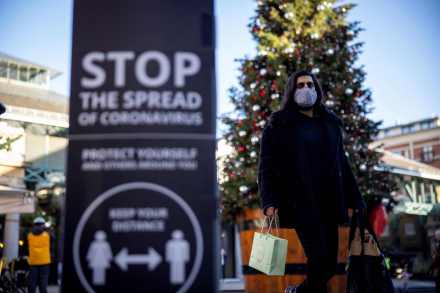How MPs lost their pay rise
When Rishi Sunak gets up at the despatch box tomorrow to announce his spending review, the Chancellor is expected to commit to a public sector pay freeze — with NHS workers exempt. Ever since this was first reported in the media, the idea has met heavy opposition from Labour while Tory politicians have had to get used to being asked on air why their own pay is set to go up at a time when the bulk of public sector workers’ pay is not. That well-trodden answer tends to go along the lines of ‘it’s a matter out of our control as Ipsa (the Independent Parliamentary Standards Authority) sets MPs’ salaries’.




















